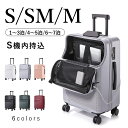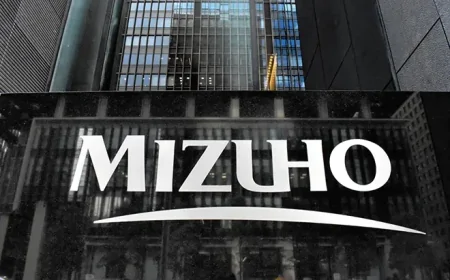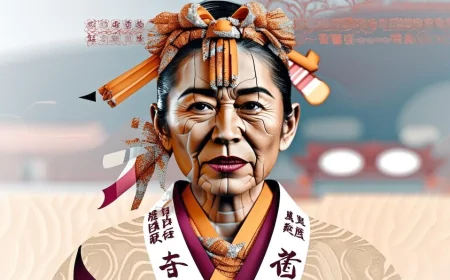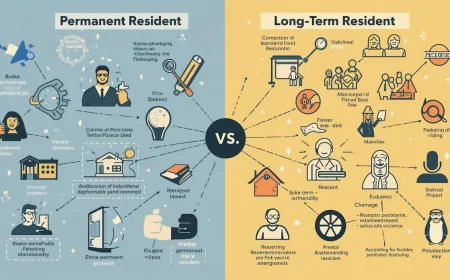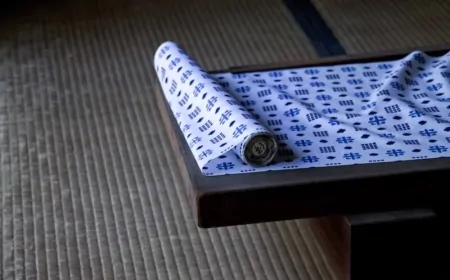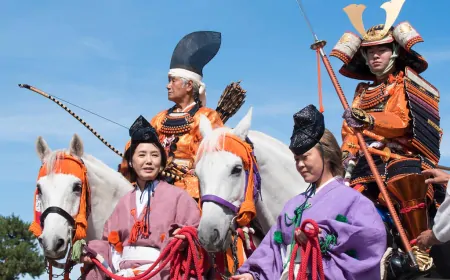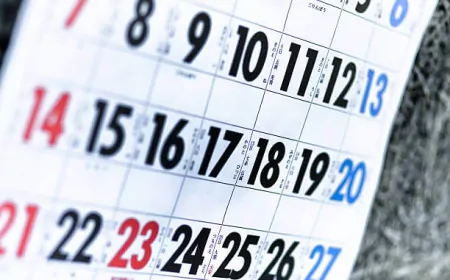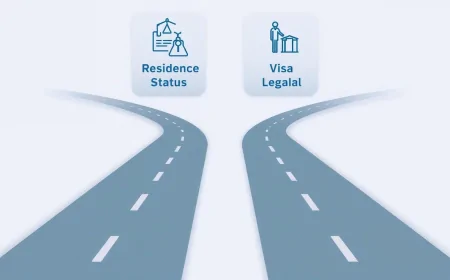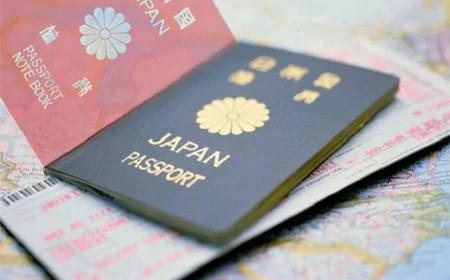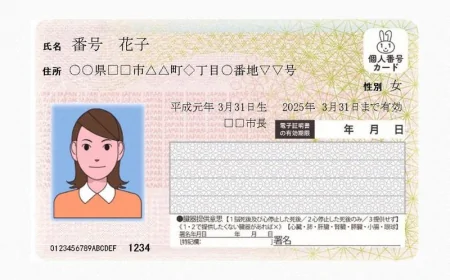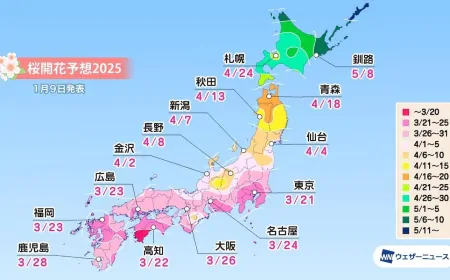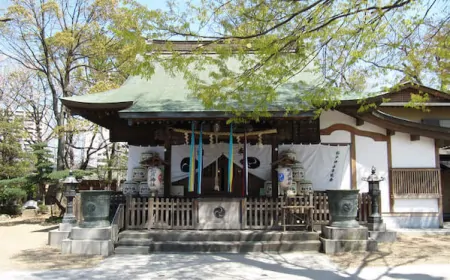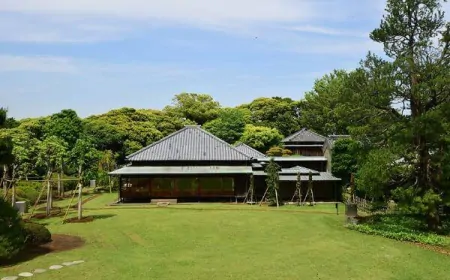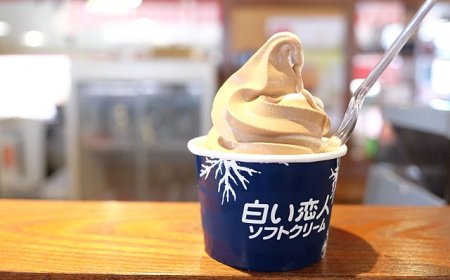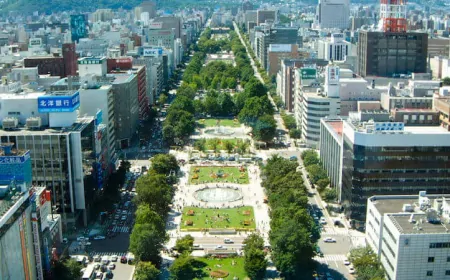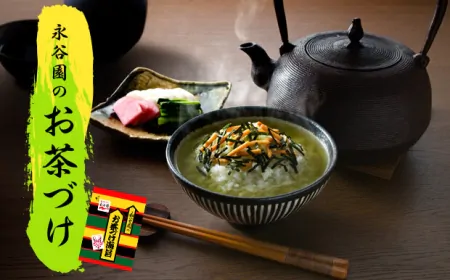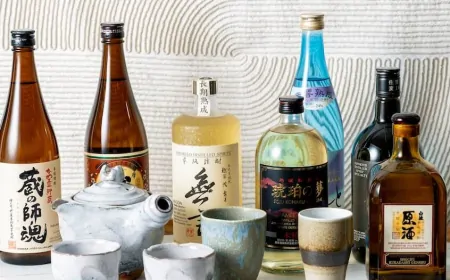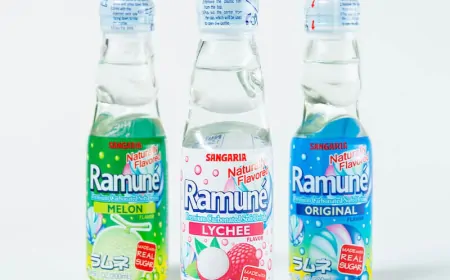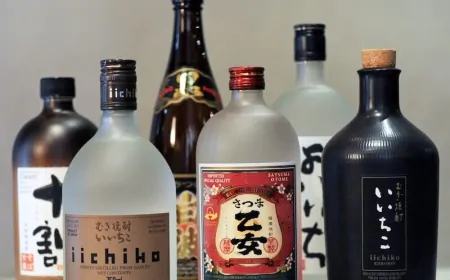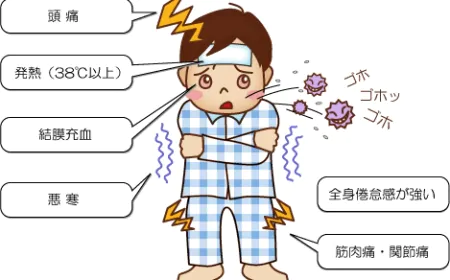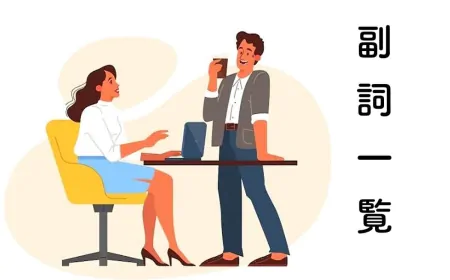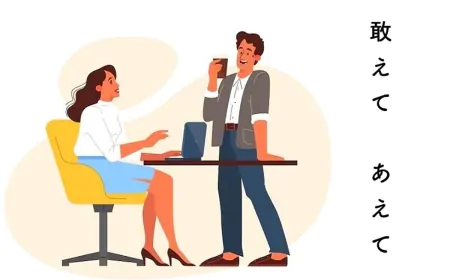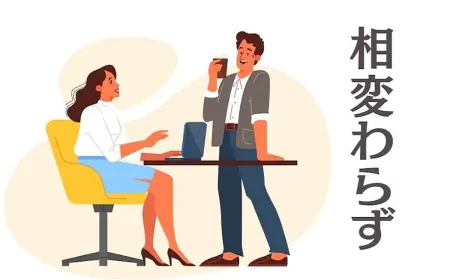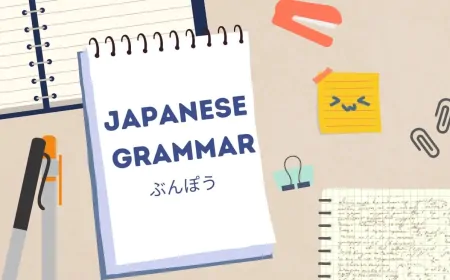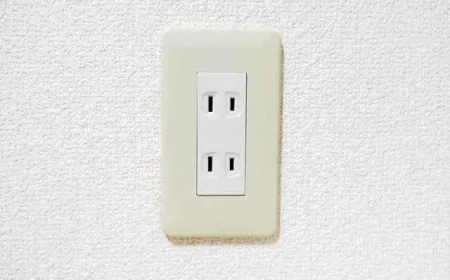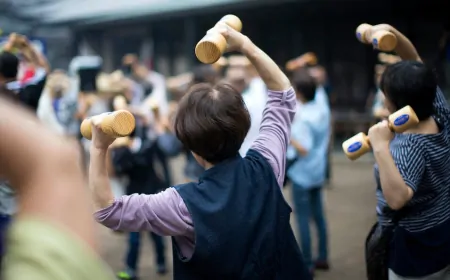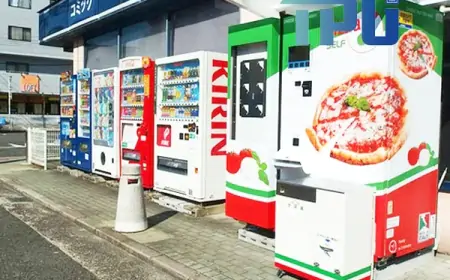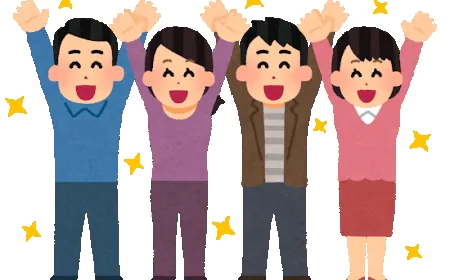Payment rules in Japan that you should know!
Japan is known for its high discipline and collective spirit.

For some visitors to discover the "land of the rising sun" for the first time, there will probably be many surprises and surprises with the rules when paying. So in this article, let's learn those rules and notes.
1. Line up
Queuing in public places has almost become one of the social norms in Japan, whether it's queuing at checkout, when entering elevators, when boarding buses, subway stations, etc.
Especially even in a commercial center, a large supermarket is equipped with a lot of barriers to prevent customers from arbitrarily cutting into different rows without a defined order. No matter how crowded the store is, customers still have to queue in order and wait for their turn to pay.
Remember, breaking goods and jostling at checkout or in public are both considered impolite and disrespectful to Japanese people. Especially for foreign tourists, they should comply and learn in advance the rules and regulations to avoid unnecessary misunderstandings.
2. Prepare coins
After queuing, wait until it's your turn to pay, right? This is absolutely correct, but not enough. While waiting for your turn, visitors should prepare the amount to pay for the items you need to pay for.
Because, it would be very time consuming if everyone were to find and count the amount of money to be paid, especially with coins. Therefore, you should estimate or ask in advance about the amount to be paid, so that when the customer's turn comes, they can complete the payment and save time for both the cashier and those waiting at the counter. behind. Visitors should also do this even when shopping at markets and roadside shops.
3. Put money in the tray instead of giving it to the cashier
The use of coins in Japan is extremely common, from the 50 yen coin to the larger denominations that are still widely used. Therefore, it will be a bit inconvenient to pay with coins because they are easy to fall or be confused. If you are someone who has visited the "Land of Cherry Blossoms" many times, it will be no stranger to the trays placed in front of the cashier counter. Because that will be the place where visitors put money to pay the salesperson instead of handing it over directly like in most other countries.
The special thing is that these trays are designed with raised sides, not flat, which is convenient for cashiers to easily check the amount of money returned by customers and easy to hold the items. Coins. Another reason is that the cashiers in Japan are afraid to touch customers directly, so putting money in the tray will somewhat create a more comfortable feeling for them.
4. Checking change is the job of the cashier
In Japan, most of the checking of change for customers will be the duty of the cashier. There are two main reasons for this. First, this is to ensure that the excess amount returned to the guest will be the most accurate, avoiding unnecessary confusion. Second, this makes it convenient for customers, they won't need to check or count again before leaving.
Because, the staff's check of the change will be the confirmation of both parties to ensure fairness and accuracy. Therefore, when visitors count the change right away, it will be considered an act of rudeness and disrespect to the staff.
5. If you don't have cash, don't worry
With the highest proportion of elderly population in the world, despite also being the top 5 global economy, the habit of using cash is still very popular in Japan. However, this habit is gradually changing when the sales tax increases from 8% to 10% from October 2019. Along with that, there are many great incentives for people if they spend through credit cards and applications. other online payment applications.
After the COVID-19 pandemic, people are even more encouraged to spend online or use cards to ensure health safety. Many stores even apply a cashless payment policy to change the habits of people, especially middle-aged to elderly people.
記事に関連する商品




